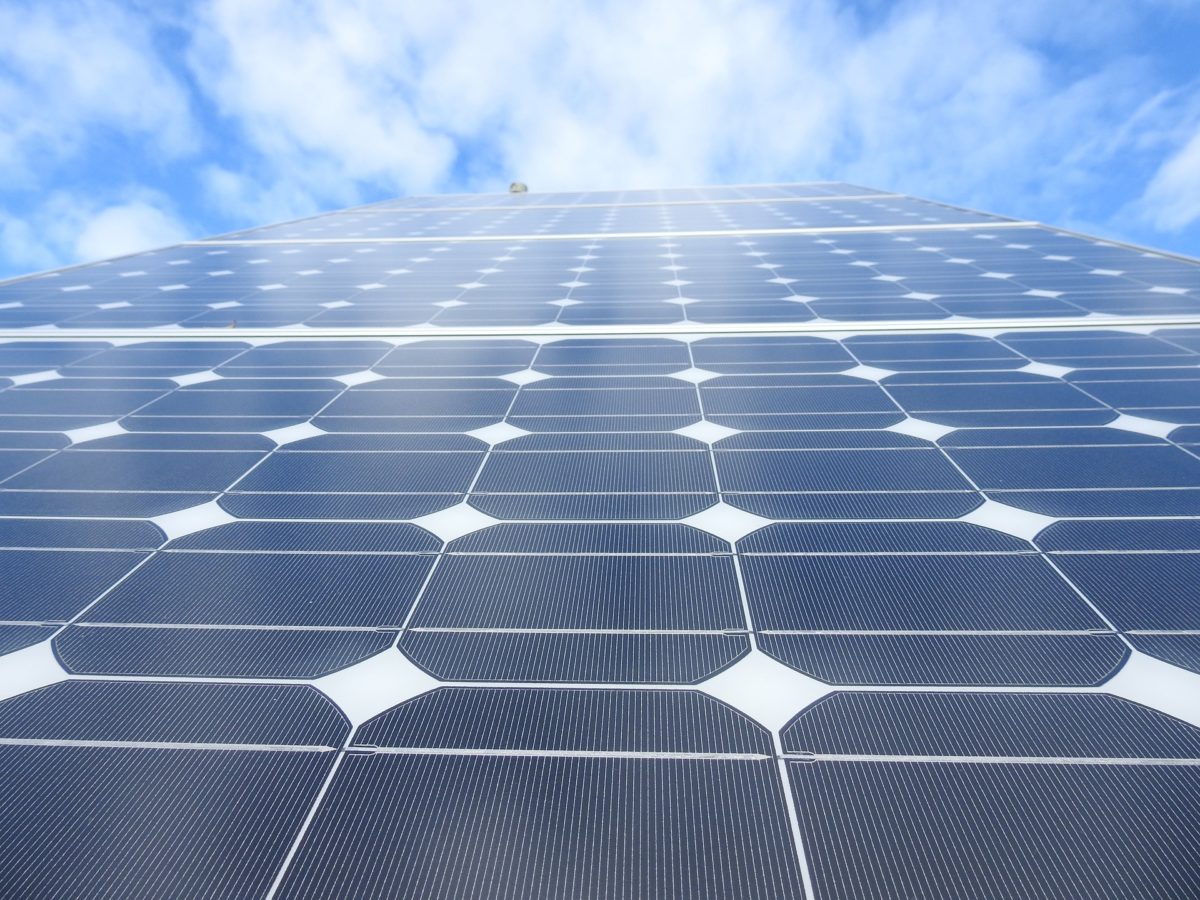Upstream industry body the European Solar Manufacturing Council (ESMC) has criticized work being undertaken by the European Commission to draft policy aimed at ensuring solar products installed across the continent have rigid environmental standards.
The year-old ESMC wasn’t pulling its punches either, when it said yesterday the decision by European policy wonks to center environmental concerns on where solar panels are installed – rather than manufactured – “makes absolutely no sense with respect to the ecological footprint”.
Although no rival markets were mentioned in yesterday’s press statement, the suggestion Europe should turn its back on bargain basement Chinese imports manufactured using cheap, coal-fired electricity in favor of homegrown products with a much lower carbon footprint is likely to prove a popular one.
Upstream vs downstream
However, given the ESMC was launched in Brussels in September 2018 as a result of the tension between ‘downstream’ European project developers eager for ever cheaper components and an embattled manufacturing sector that cannot compete on such thin margins, the language used yesterday is unlikely to smooth relations.
Claiming the European Commission is wrong to prioritize downstream solar as the focus of its proposed new policy package simply because that portion of the industry employs more workers, the ESMC baldly stated: “The kind of jobs related to the downstream sector are, in general, jobs which require a rather low qualification. Installers are electricians and building sector workers, while the upstream part of the value chain employs highly qualified engineers and scientists.”
The point being made, albeit clumsily, was that the reservations many EU member states about opening the floodgates to as much solar as possible, as quickly as possible, relate to a fear of losing highly skilled jobs as Europe’s remaining manufacturers give up the fight. As the ESMC statement added, such “well-paid and highly qualified jobs in the upstream sector … can’t be replaced by downstream jobs”.
What carbon footprint?
The ESMC, which was launched at last year’s EU PVSEC show in Brussels, was commenting upon work being undertaken by the European Commission’s Joint Research Center. Policymakers want to draft standards and policies which would foster the deployment of more eco-friendly solar modules, inverters and other system components across the bloc.
The solar manufacturing body said carbon footprint should be the “lead indicator” of how sustainably manufactured solar products are, rather than primary energy consumption, as is being suggested by commission researchers.
The ESMC also pointed out 2016 is being used as a base year for assessing solar technology and, as if that were not sufficiently out of date, data from as far back as 2010-11 – ancient history in PV industry terms – were being used. On those terms, said the ESMC, mooted eco labelling of products would be rendered meaningless as more than 90% of modules in circulation today would receive the badge of approval. The council suggested last year be used as the base year, and data should be revised every six months to attempt to keep pace with technological developments.
Project location irrelevant
The organization’s strongest criticism was reserved for the idea the environmental impact of projects should focus on where panels are installed rather than where they are manufactured. Similarly, a policy focus on ensuring PV project development is the subject of environmental auditing, rather than component manufacturing, would amount to closing the stable door after the horse has bolted. The ESMC wants policymakers to focus on how much carbon is embedded in solar components.
The European Commission web page devoted to the PV component policy research project states the work began in October 2017 and is “expected to be completed in 2019”.
The statement released by the ESMC also revealed the organization will be established as a non-profit under Belgian law by the end of the year.
This content is protected by copyright and may not be reused. If you want to cooperate with us and would like to reuse some of our content, please contact: editors@pv-magazine.com.




By submitting this form you agree to pv magazine using your data for the purposes of publishing your comment.
Your personal data will only be disclosed or otherwise transmitted to third parties for the purposes of spam filtering or if this is necessary for technical maintenance of the website. Any other transfer to third parties will not take place unless this is justified on the basis of applicable data protection regulations or if pv magazine is legally obliged to do so.
You may revoke this consent at any time with effect for the future, in which case your personal data will be deleted immediately. Otherwise, your data will be deleted if pv magazine has processed your request or the purpose of data storage is fulfilled.
Further information on data privacy can be found in our Data Protection Policy.